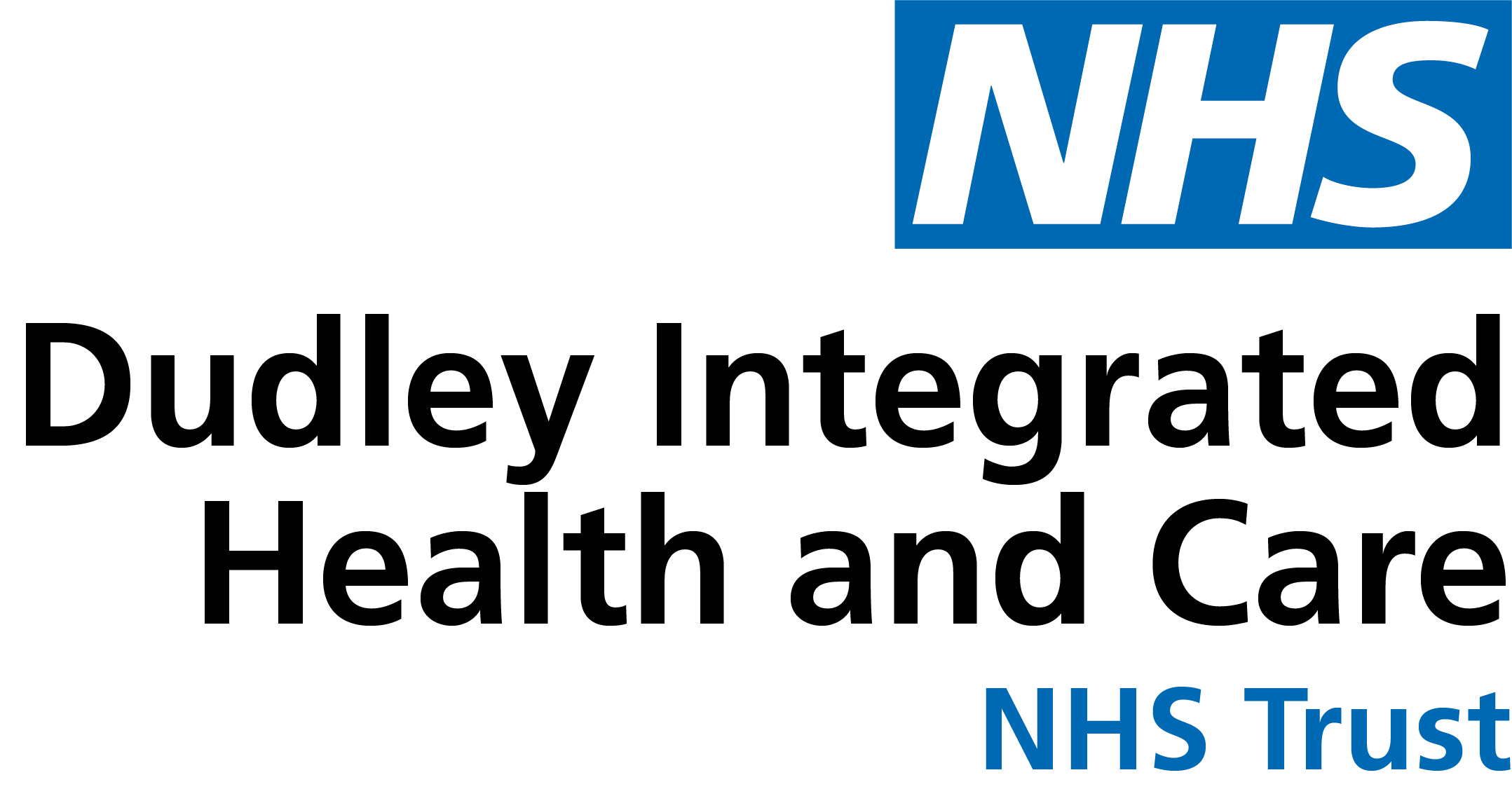First Contact Mental Health Practitioners lead the way
Board members from Dudley Integrated Health and Care NHS Trust have heard more about its innovative First Contact Mental Health Practitioner model.
During February’s Board Meeting, staff members who work in this field provided a detailed overview of their service and explained the benefits that the team brings.
In an effort to alleviate pressure on General Practitioners (GPs) and provide specialist care, the Practitioners have developed a new approach to mental health care by working directly with patients and integrating with surgeries in Primary Care Networks across Dudley.
The First Contact Mental Health Practitioners, who must be experienced Registered Mental Health Nurses, see patients directly without them having to see a GP, they bring a wealth of experience and specialism to general practice.
Currently, the initiative sees five members of staff integrated with local practices to alleviate pressure on GPs by offering a specialised service to individuals aged 16 years and over.
The model provides an additional 245 mental health appointments per week and hopes to expand, so more appointments can be made available.
One patient, suffering from depression, was recently able to reduce and then stop a high dosage of antidepressants, as well as engage in mindfulness and exercise. This individual is now looking forward to taking part in an upcoming sports event and enjoying improved mental well-being, a huge achievement.
The success of this patient is just one example of the positive impact this new model is having on the mental health of individuals in the area.
Samantha Hemming, Lead First Contact Mental Health Practitioner at Dudley Integrated Health and Care NHS Trust said:
“We are dedicated to improving access to specialist care and working towards true parity of esteem for mental health and I look forward to continuing to serve the community.
“This model has been a goal of mine for a long time, and I am pleased to see it working so well for our patients and removing some of the strain upon our GPs, who are extremely busy.
“The service we offer means that patients can receive specialist care from dedicated professionals in this field.”
Dr Rebecca Lewis, GP Mental Health Lead at Dudley integrated Health and Care NHS Trust said:
“Whether it is reducing medications, taking more time for self-care, or achieving personal ambitions in life, First Contact Mental Health Practitioners are there to holistically support patients on their journey.
“With up to 40% of GP appointments relating to a mental health presentation, this model is having a great impact and there have been fantastic results by working closely with our patients.”


